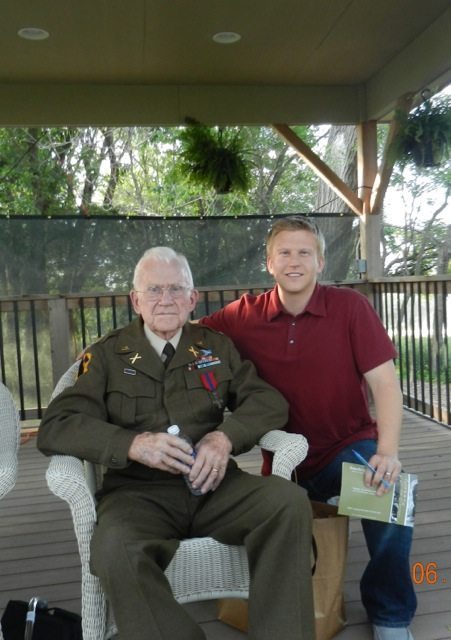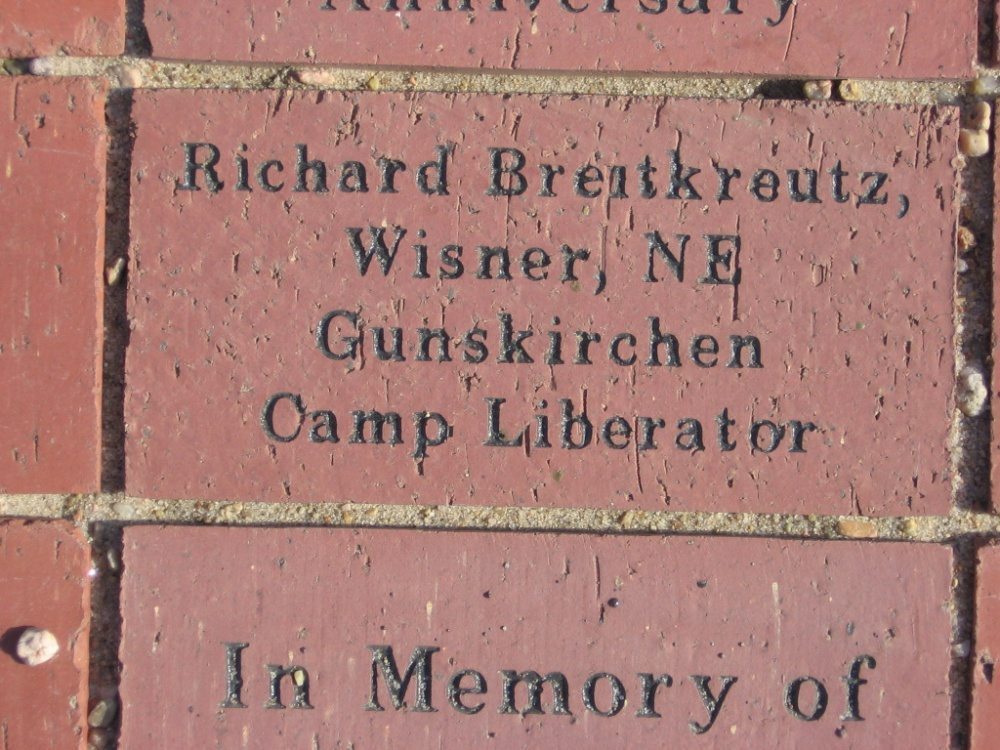Every year, the Memorial Library surveys participants at the conclusion of the Summer Seminar, asking them to evaluate their experience through a personal and a professional lens. But for the first time in its history, the Library has conducted a comprehensive assessment of all of its nationwide seminars since their inception. The timing was right. Plans are underway for both the tenth annual New York City Summer Seminar and institutional expansion into new venues overseas.
The Library retained an independent market research firm to contact more than 550 educators who participated in its New York City and Satellite seminars since 2006. The response rate alone was impressive, and 99% of those who answered the survey said they would recommend the training to a colleague.
The findings painted an overwhelmingly positive picture. During the 2013-14 school year, Library-trained instructors spent 20,000 hours teaching 1,500 courses on the Holocaust to more than 32,000 students, a number that will jump to 43,000 in 2015. Every trainee who attended the New York City seminar is currently teaching about other genocides as well. In addition, teachers reported a dramatic increase in their personal knowledge of Judaism.
As a participation incentive, respondents’ names were entered into a raffle for the choice of an iPad or an iPhone 6+. Joel Green, a middle school English teacher from Lincoln, Nebraska, was the lucky winner. He began mentoring gifted students in the Lincoln Public Schools nine years ago, a meaningful diversion while working for a local company. But he found the challenges of mentoring so fulfilling that he decided to make it his career. Today, he is the Mentor of the Highly Gifted at Irving Middle School, where he teaches 6th, 7th, and 8th graders. His 8th grade curriculum includes a unit on the Holocaust.
Joel studied the Holocaust while growing up in Lincoln, encountering both The Diary of Anne Frank and Elie Wiesel’s Night in his public school. Once he began teaching, however, he was eager to read, research, and know more. He seized the opportunity to participate in the Nebraska Satellite Seminar and to become part of the Holocaust Educators Network after learning about them through the Nebraska Writing Project.
“The seminar helped me grow as a teacher of the Holocaust,” says Joel. It gave him access to invaluable resources, enabling him to broaden the scope of his curriculum to include the role of bystanders, the history of anti-Semitism, survivor testimonies, textual study, and an examination of past and present genocides. He also hopes to take his students to visit synagogues and memorials in the future.
Yet it was the opportunity to hear Roy Long, a veteran who served in the 71st Infantry Division, speak about liberating the Gunskirchen concentration camp that made the greatest impression on Joel personally. His grandfather, Richard Breitkreutz, who had never spoken much about his time in Europe, coincidentally served in the same division as Roy. The discovery of this first-hand connection to the Holocaust inspired Richard’s family to purchase a brick in his honor at the Nebraska Holocaust Memorial. When Joel’s grandparents traveled to the memorial for the first time, the family watched with tear-filled eyes as Richard reflected on his brick and placed a stone in memory of those who had perished.
Joel shares this story with his students in the hope that they, too, will find a way to make that tragic period in history resonate on a personal level. He allows them time for individual reflection on the difficult topics they cover and ends the unit by giving them each a stone, which they must place at the Nebraska Holocaust Memorial on their own. One student made the long bike ride there with her father, placing her stone and carefully considering its meaning for her, an experience that created a powerful family memory for them.
Though each educator’s takeaway from a seminar is unique, the recent Memorial Library survey demonstrates that like Joel, nearly all participants have life-changing experiences with lasting impact on their teaching. In anonymous responses, teachers highlighted the Library’s singular approach, which pushes participants to stretch their individual boundaries and widen their points of view. Overall, respondent feedback reflected appreciation for an atmosphere that encourages authentic learning, growth through reflective writing, and the chance to experience freely the emotional nature of the challenging material to which they are exposed during the seminar.
A participant noted, “It shifted who I am as a teacher, a person, and a humanitarian. It made me want to do more…to be a better person.” Another shared, “It reminded me that with all I know about the Holocaust, I still can be humbled that I know very little.” One of the most striking responses, though, offered this powerful message:
I found the process enlightening for myself as a person and as a teacher. That is what we need to remember as educators…our students are people and humans need to be aware of one another and their needs. When we do that, so much of the nastiness of an imperfect world can be minimized. I became a stronger teacher all around as a result of the time I spent at the Memorial Library.
The Library plans to use the qualitative and quantitative findings of the study to ensure the ongoing efficacy of its programs and to create new opportunities that further its valuable mission.


